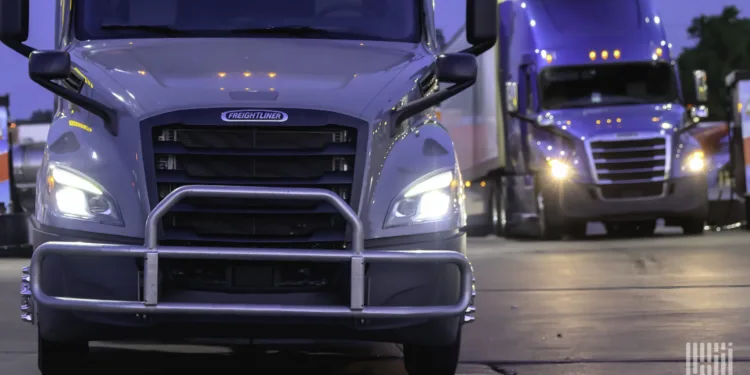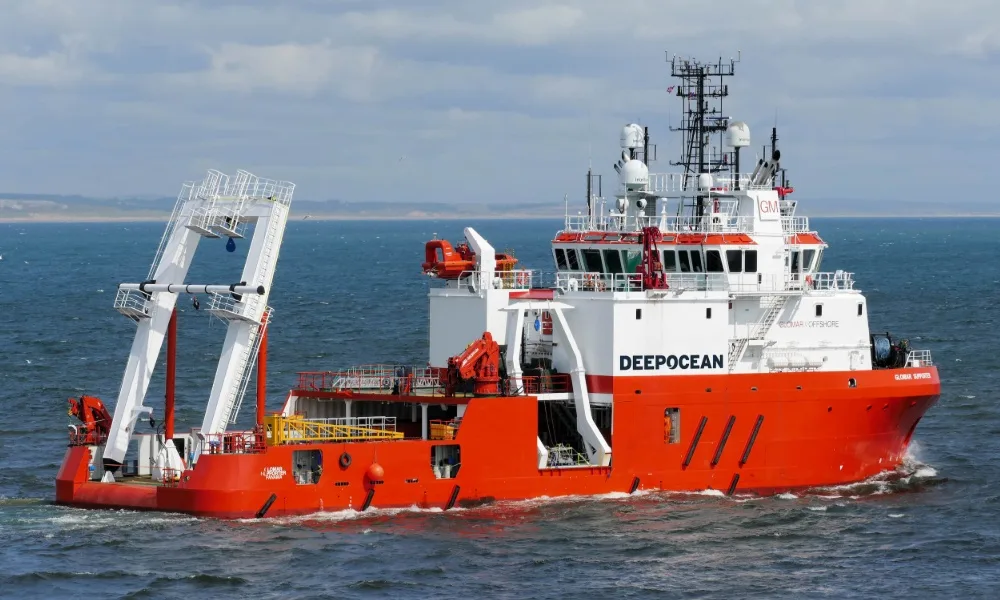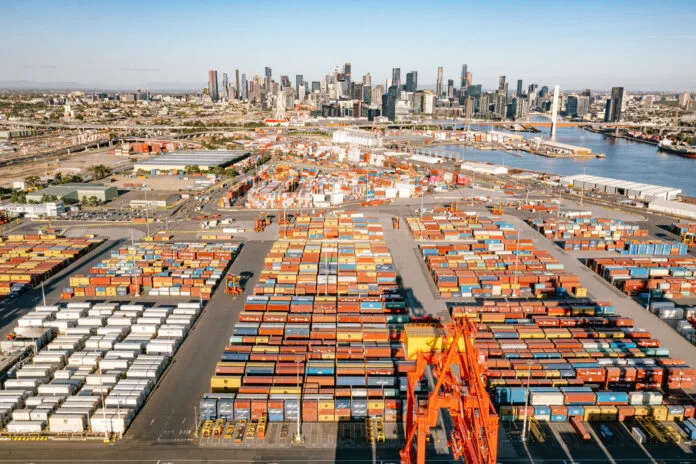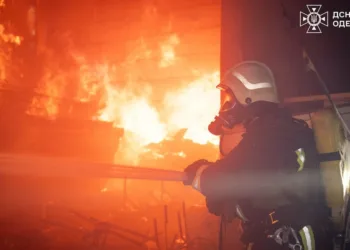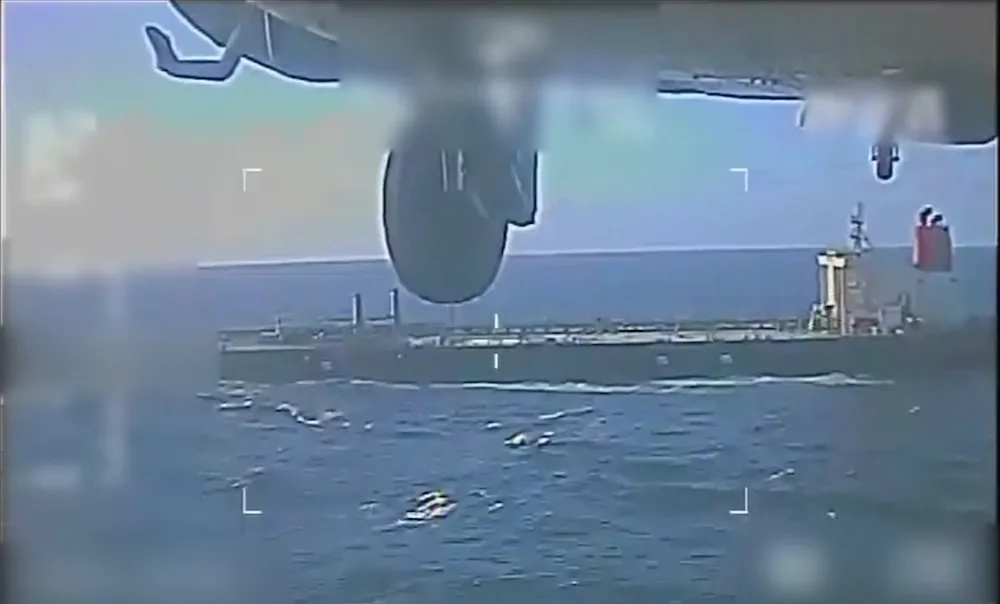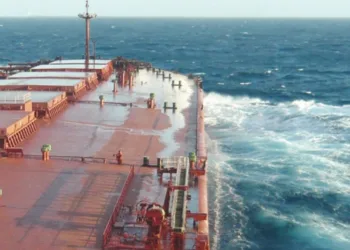WASHINGTON — The Trump administration has canceled a study aimed at addressing sexual harassment and rape in the trucking industry, according to one of the study’s developers.
“We all put a lot of time and attention into this, and just got an email yesterday telling us not to do any more work, that we’ve been cancelled,” Anne Balay, a member of the working group overseeing the project, told FreightWaves.
Balay, who is an author, union organizer, and who has worked as a truck driver, said the three-year study would have represented a significant improvement over previous studies.
“We were going to reach out to people who weren’t previously self-selected by industry, as well as to minorities and transwomen, and do research at truck stops,” where such crimes are often committed, she said.
“Everyone knows rape and sexual harassment are incredibly common in this industry, and this was an attempt to do an actual study that would have led to suggestions on how to address it and make the industry safer. But it was canceled not to save money – the money had already been spent – but to prevent the results from getting out to the public, ensuring now nothing gets done to change the industry and make it safer for women.”
A screenshot of a notice from the administration states that the decision to terminate the study “is because the government’s priorities have shifted and this project no longer meets our needs.”
Addressing sexual assault and sexual harassment was a top recommendation made by the Women of Trucking Advisory Board (WOTAB), which was set up by the Federal Motor Carrier Safety Administration during the Biden administration to address issues in trucking that were particularly important to recruiting and retaining women drivers.
Balay – who was also a member of WOTAB – severely criticized an FMCSA crime prevention survey unveiled at WOTAB’s first meeting in 2022, which found that “touched inappropriately” was the most serious offense reported among survey respondents.
“Rape is incredibly common [in trucking], and calling rape as being ‘touched inappropriately’ is extremely offensive,” Balay said at the time. “I interviewed many [women] truckers who reported that rape is considered a part of the job. It’s very important that this group acknowledges that.”
Working with WOTAB, FMCSA established a Sexual Assault and Sexual Harassment (SASH) Working Group to address sexual harassment and violence against women, particularly drivers.
The cancelled study, initiated by SASH and which began in the fall of last year, was to “expand upon FMCSA’s previous research and promote a deeper understanding of SASH data and issues by following the best practices in SASH methodology related to sample size and design, including categories of gender, sexual orientation and ethnicity to determine the prevalence of SASH and identifying resources for victims,” WOTAB wrote in a report to Congress in January.
Days after the report to Congress, President Trump issued a regulatory freeze order barring all executive departments and agencies from proposing or issuing a rule “until a department or agency head appointed or designated by the President … reviews and approves the rule.”
One of those proposed rules, “Minimum Training Requirements for Entry-Level Commercial Motor Vehicle Operators and Additional Curriculum and Training Provider Requirements,” was also based on a WOTAB recommendation.
The rule planned to “address ways FMCSA can enhance the physical safety of women truck drivers and trainees and address the negative impacts of workplace sexual harassment, among other challenges,” according to FMCSA.
FreightWaves has reached out to FMCSA for comment on the SASH study cancellation and the status of the proposed minimum training rule.
Related articles:
- Trump administration could sideline anti-harassment agenda
- FMCSA issues policy on sexual assault among truck drivers
- New anti-harassment guidance could raise compliance bar for trucking
Click for more FreightWaves articles by John Gallagher.
The post FMCSA halts study on sexual assault in trucking appeared first on FreightWaves.



